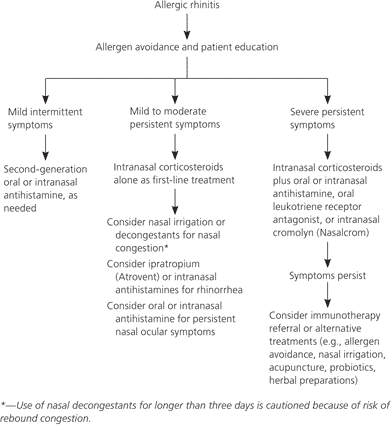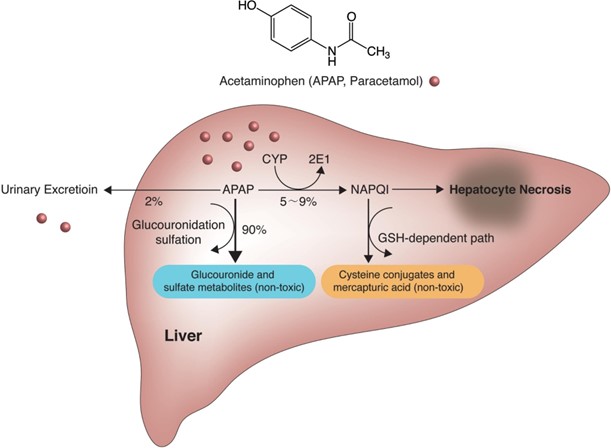Which type of medication is the first-line treatment for nasal congestion?
Nasal Glucocorticoids
Leukotriene Modifiers
Decongestants
Antihistamines
The Correct Answer is A
Nasal glucocorticoids, also known as intranasal corticosteroids, are considered the most effective and recommended first-line treatment for nasal congestion caused by allergic rhinitis or non-allergic rhinitis. They work by reducing inflammation in the nasal passages, relieving congestion, and improving other symptoms such as itching, sneezing, and runny nose.
Leukotriene modifiers, decongestants, and antihistamines can also be used to manage nasal congestion, but they are generally considered second-line options or adjunct therapies.
Decongestants provide temporary relief by constricting blood vessels in the nasal passages, while antihistamines help with symptoms related to allergies. Leukotriene modifiers are primarily used for managing asthma and are not typically the first choice for nasal congestion alone.

Nursing Test Bank
Naxlex Comprehensive Predictor Exams
Related Questions
Correct Answer is C
Explanation
Rebound congestion, also known as rhinitis medicamentosa, is a common adverse effect associated with the prolonged use of nasal decongestants. It occurs when the blood vessels in the nasal passages become dependent on the medication for constriction and lose their ability to regulate naturally. As a result, when the medication wears off, the nasal congestion worsens, leading to a cycle of continued use and worsening symptoms.
In this scenario, the patient's complaint of worsening nasal congestion despite using oxymetazoline every 2 to 4 hours for the past 5 days suggests the possibility of rebound congestion. The nurse should explain to the patient that prolonged or frequent use of nasal decongestants can lead to this effect and recommend gradually tapering off the medication use or discontinuing it altogether. The nurse may also suggest alternative non-medication strategies for managing nasal congestion, such as saline nasal sprays or steam inhalation.
Correct Answer is C
Explanation
Acetaminophen is a commonly used over-the-counter pain reliever and fever reducer. One of the potential adverse reactions to acetaminophen is liver toxicity, which can present with symptoms such as jaundice (yellowing of the skin and eyes), dark urine, and pale stools. It is important for the client to be aware of these signs and symptoms and report them to their healthcare provider if they occur. Monitoring for jaundice can help identify any potential liver-related complications associated with acetaminophen use.
The other options provided in the question are not typically associated with acetaminophen use:
- Tinnitus: Tinnitus refers to a perception of ringing or buzzing in the ears. It is not a commonly reported adverse reaction to acetaminophen.
- Hyperglycemia: Hyperglycemia refers to high blood sugar levels. Acetaminophen does not typically cause hyperglycemia as a side effect.
- Muscle pain: Acetaminophen is used to relieve mild to moderate pain, including muscle pain. It is not an adverse reaction to the medication.

Whether you are a student looking to ace your exams or a practicing nurse seeking to enhance your expertise , our nursing education contents will empower you with the confidence and competence to make a difference in the lives of patients and become a respected leader in the healthcare field.
Visit Naxlex, invest in your future and unlock endless possibilities with our unparalleled nursing education contents today
Report Wrong Answer on the Current Question
Do you disagree with the answer? If yes, what is your expected answer? Explain.
Kindly be descriptive with the issue you are facing.
